5 Tools to Find Easy to Rank Keywords for Niche Websites – SEO Guide 2025
Published: 02/Jan/2025
Starting a niche website? One of the most important steps is identifying the right keywords. Finding easy-to-rank keywords can save you time, increase your chances of success, and help you attract more visitors. But how do you discover these golden opportunities? Let’s explore 5 tools to find easy-to-rank keywords that can simplify your journey.
1. SEMrush
SEMrush is one of the most popular tools among SEO professionals. It offers a comprehensive suite of features to help you uncover easy-to-rank keywords and analyze your competitors.
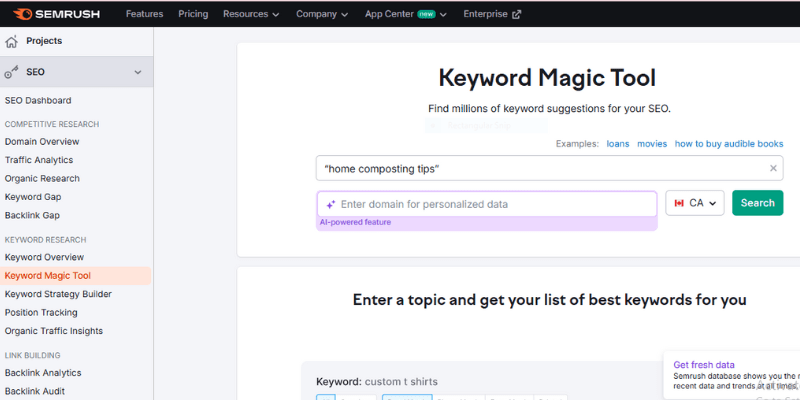
Key Features:
- Keyword Magic Tool: Generate a list of related keywords with difficulty scores.
- Keyword Difficulty (KD): Focus on low-KD keywords to rank faster.
- Competitor Research: Identify gaps in your competitors’ content strategy.
Example:
If your niche is home gardening, you can type a “niche search word” like “home composting tips” into SEMrush. The tool might reveal keywords like “easy DIY compost bin” with low competition but high search volume.
2. Ahrefs
Ahrefs is another excellent option for finding easy-to-rank keywords. Its intuitive interface and powerful analytics make it a favorite among website owners.
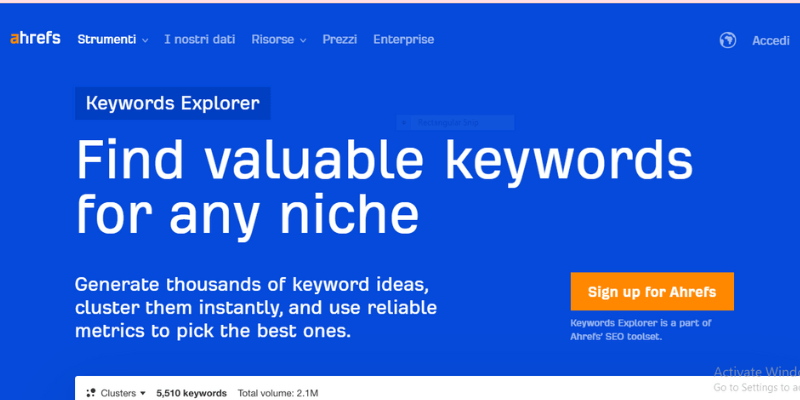
Key Features:
- Keyword Explorer offers in-depth keyword suggestions and difficulty scores.
- Traffic Potential: Focus on keywords that bring meaningful traffic.
- Content Gap Analysis: Uncover keywords your competitors rank for but you don’t.
Pro Tip:
Target keywords with a KD score below 20. For example, in the fitness niche, you might discover “easy-to-rank keywords meaning” like “5-minute morning stretches” for a blog post.
3. Ubersuggest
Ubersuggest, created by Neil Patel, is a beginner-friendly tool that helps you find easy-to-rank keywords without overwhelming complexity.
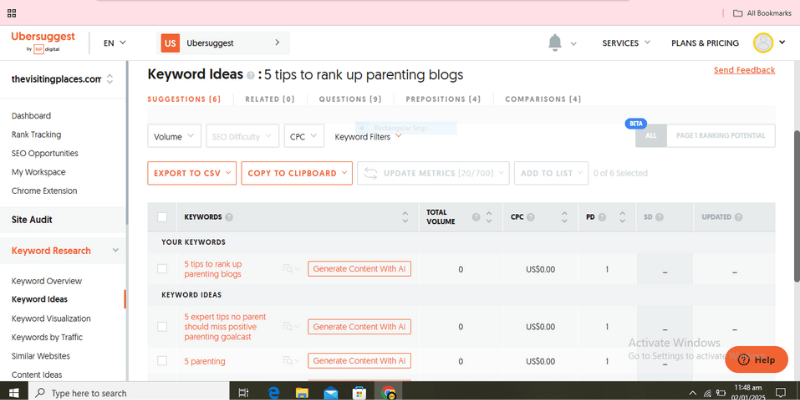
Key Features:
- Keyword suggestions: Discover hundreds of low-competition keywords.
- SEO Difficulty Score: Quickly filter out highly competitive terms.
- Content Ideas: Find trending topics in your niche.
Real-Life Application:
If you’re targeting parenting, Ubersuggest might suggest keywords like “5 tips to rank up parenting blogs” or “DIY kids’ activities” as low-competition options.
4. Google Keyword Planner
Google’s Keyword Planner is a free and reliable tool for keyword research. It provides direct insights into what people search for on Google.
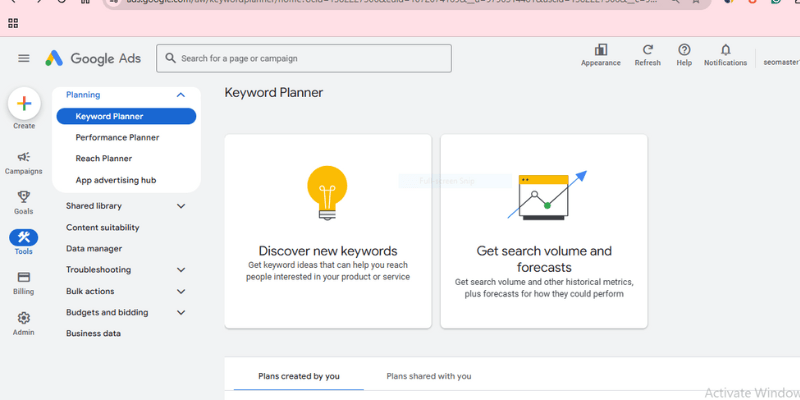
Key Features:
- Search Volume Data: Understand how often keywords are searched monthly.
- Competition metrics: spot low-competition keywords.
- Seasonal Trends: Identify when keywords peak during the year.
Tip:
Combine this tool with Google’s “People Also Ask” section. For example, a query like “Which tool should I use for blogging?” might lead to new ideas for easy-to-rank keywords.
5. LongTailPro
LongTailPro specializes in finding long-tail keywords that are perfect for niche websites. Its focus on low-competition terms makes it an essential tool.
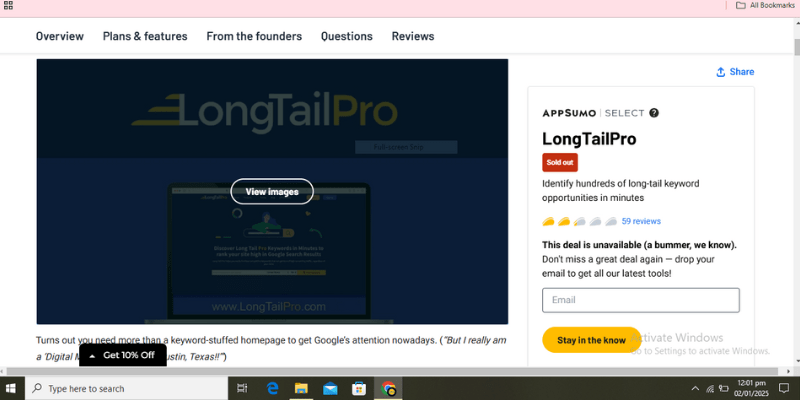
Key Features:
- Keyword Competitiveness (KC) Score: Simplifies difficulty assessment.
- Custom Filters: refine keywords based on your needs.
- Competitor Analysis: Learn why others are ranking and replicate their success.
Example:
For a travel blog, LongTailPro could reveal keywords like “hidden beaches in Asia” or “5 essential tools for solo travel” as easy-to-rank options.
What Does “Easy to Rank Keywords” Mean?
Easy-to-rank keywords are search terms with low competition. These keywords often have high search intent but fewer websites targeting them. Focusing on such terms increases your chances of appearing on the first page of search results.
For example, instead of competing for a broad term like “weight loss,” target long-tail keywords like “easy weight loss tips for beginners.”
How to Choose the Right Tool for Your Website
Still wondering, “Which tool should I use?” The answer depends on your goals:
- Start with free tools like Google Keyword Planner if you’re a beginner.
- For advanced users, SEMrush or Ahrefs offer in-depth analytics.
- If you’re focusing on long-tail keywords, LongTailPro is an excellent choice.
5 Tips to Rank Up Your Niche Website
To complement your keyword research, follow these actionable tips:
- Write High-Quality Content: Make sure your content is valuable and engaging.
- Focus on User Intent: Understand what users are searching for and deliver on it.
- Optimize On-Page SEO: Use keywords naturally in titles, headings, and meta descriptions.
- Build backlinks: Reach out to other sites in your niche for guest posting opportunities.
- Track Your Progress: Use tools like SEMrush or Ahrefs to monitor rankings and adjust your strategy.
Conclusion
Using these 5 tools to find easy-to-rank keywords can give you a significant advantage in building a successful niche website. Whether you’re new to SEO or an experienced marketer, tools like SEMrush, Ahrefs, and LongTailPro can streamline your research process. Remember, finding the right keywords is just the first step; consistent effort and high-quality content will ultimately help you rank and grow.
Which tool will you try first? Let us know how it works for you!
You may appreciate these posts!
- Why is search engine optimization important for business in 2025?
- How to create content using AI writing tools for SEO?





